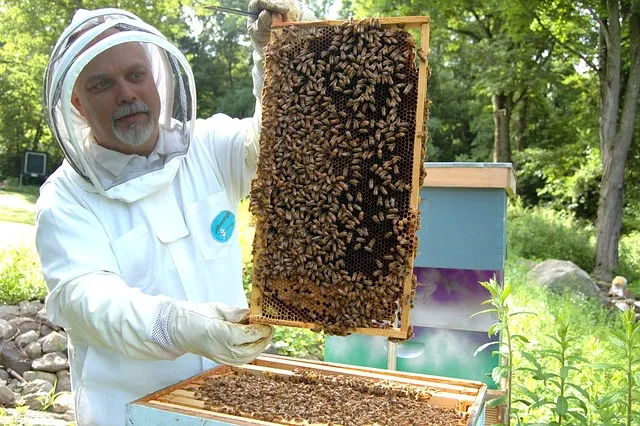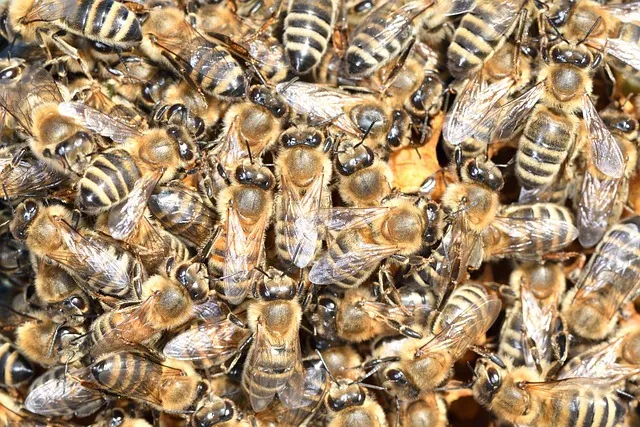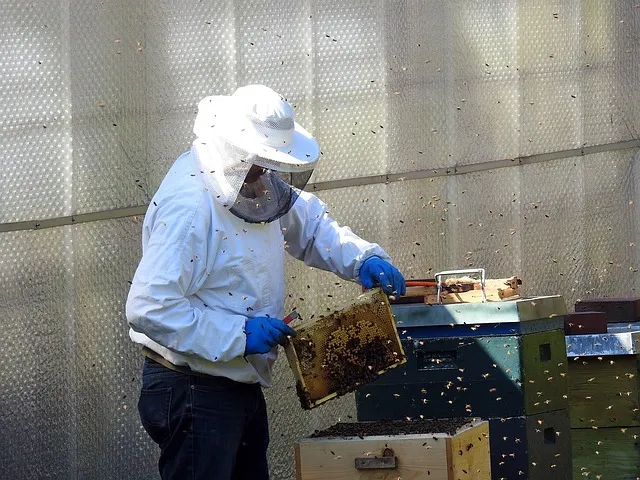Do beekeepers live longer?
Beekeeping is one of those endowed bobbies with many rewards and benefits. It has always been referred to as the “sweet cause.” The practice has been around for thousands of years. Beekeepers tend to enjoy the various bee products, and the yields of their farms are increased by having pollinators in close proximity. The hobby is also therapeutic. Its benefits outweigh the dangers.
Similar Articles you may like to read –
Why are beekeepers not stung?
What Does a Bee Sting Look Like the Next Day?
What does a bee sting look like in the skin? How to remove it?
How many bees can kill a human? if sting together
Do beekeepers live longer?
Most people believe that beekeepers live longer than anyone else. Studies also suggest the same. This may be due to the frequent consumption of bee products with many health benefits. Consuming honey and other products for a long time boosts the lifespan. Honey possesses antimicrobial, antioxidant, anti-inflammatory, antiviral, and antiparasitic effects that help to curb many ailments. Bee propolis and royal jelly also have similar properties. Bee stings can also contribute to longevity. As long as you are not allergic, the bee venom injected into the body is good medicine. It enhances immunity, thus prolonging life. Some beekeepers intentionally allow bees to sting them periodically.
Beekeepers usually keep their properties and garden pollution free to safeguard the pollinators. They refrain from using artificial pesticides or herbicides in their gardens. By doing so, they live in a pollution–free natural environment throughout the year. Food that is grown chemical free is also the best for our bodies. Apiaries are located in fields, swarms, forests, and the like with fresh air. These locations are so calming rather than stressful. They keep their bodies fit by lifting the hive boxes more often. Regular operations with beehives provide a natural mood enhancement and reduce stress. Even without opening hives, watching the bees perform their activities is therapeutic. Many diseases are caused by harsh living environments.
Can humans exist without bees?
Pollination is crucial to the sustenance of the global food system. Bees and other pollinators help to pollinate about 75% of the world’s flowering plants. They pollinate about 35% of global food crops, which includes fruits and vegetables. Most crops, such as apples, almonds, coffee, cocoa, berries, avocadoes, blueberries, sweet cherries, and watermelon, depend heavily on pollinators. The disappearance of bee colonies makes food more scarce. If bees become extinct, the plants that rely on them for pollination will die off, affecting natural food chains. Our diets will also suffer tremendously.
More articles you may like to read –
Do bees sting hummingbirds?
Is taking honey from bees cruel?
What happens if you crush a bee?
How far will bees chase you? What to do if a bee is chasing you?
Is beekeeping an inhuman practice?
Beekeeping is not inhuman; it is one of the softest forms of animal husbandry. Firstly, a beekeeper will not kill bees to harvest honey. Besides, honey bees produce more honey than they require for their colonies. By harvesting the surplus, there is usually ample space for bees to make more. Beekeepers provide the bees with nice beehive structures, offer supplementation feed in times of nectar shortage, and offer protection from predators. They also help the colonies to curb the menace of varroa mites. They save swarms by giving them decent housing. When a colony cannot raise a queen, a beekeeper will introduce a new queen, helping the colony survive. A queenless colony only survives for a few months as the population dwindles. In most cases, beekeepers help bee colonies to survive. If they fill your hive is not too good to be their nest, they will leave and look for another home.
Why do beekeepers live long?
Beekeeping can have various health benefits that contribute to a longer lifespan for beekeepers. Firstly, spending time outdoors while tending to beehives exposes beekeepers to fresh air, sunlight, and physical activity, which are all beneficial for overall health. Additionally, working with bees can be therapeutic and reduce stress levels. Honey, a natural product of beekeeping, is rich in antioxidants and has antimicrobial properties, which can support immune function and overall well-being. Moreover, beekeepers often consume honey regularly, which may have additional health benefits. Finally, the sense of purpose and connection to nature that beekeeping provides can contribute to a positive outlook on life, further promoting longevity.



